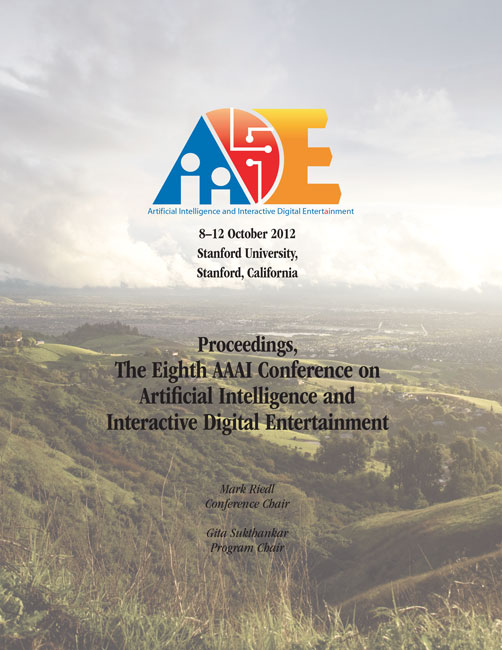Representing Morals in Terms of Emotion
DOI:
https://doi.org/10.1609/aiide.v8i1.12498Keywords:
emotion, fables, morals, inductive logic programming, alephAbstract
Morals are an important part of many stories, and central to why storytelling developed in the first place as a means of communication. They have the potential to provide a framework for developing story structure, which could be utilised by modern storytelling systems. To achieve this we need a general representation for morals. We propose patterns of character emotion as a suitable foundation. In this paper, we categorise Aesop’s fables based on the morals they convey, and use them as a source of emotion data corresponding to those morals. We use inductive logic programming to identify relationships between particular patterns of emotion and the morals of the stories in which they arise.

